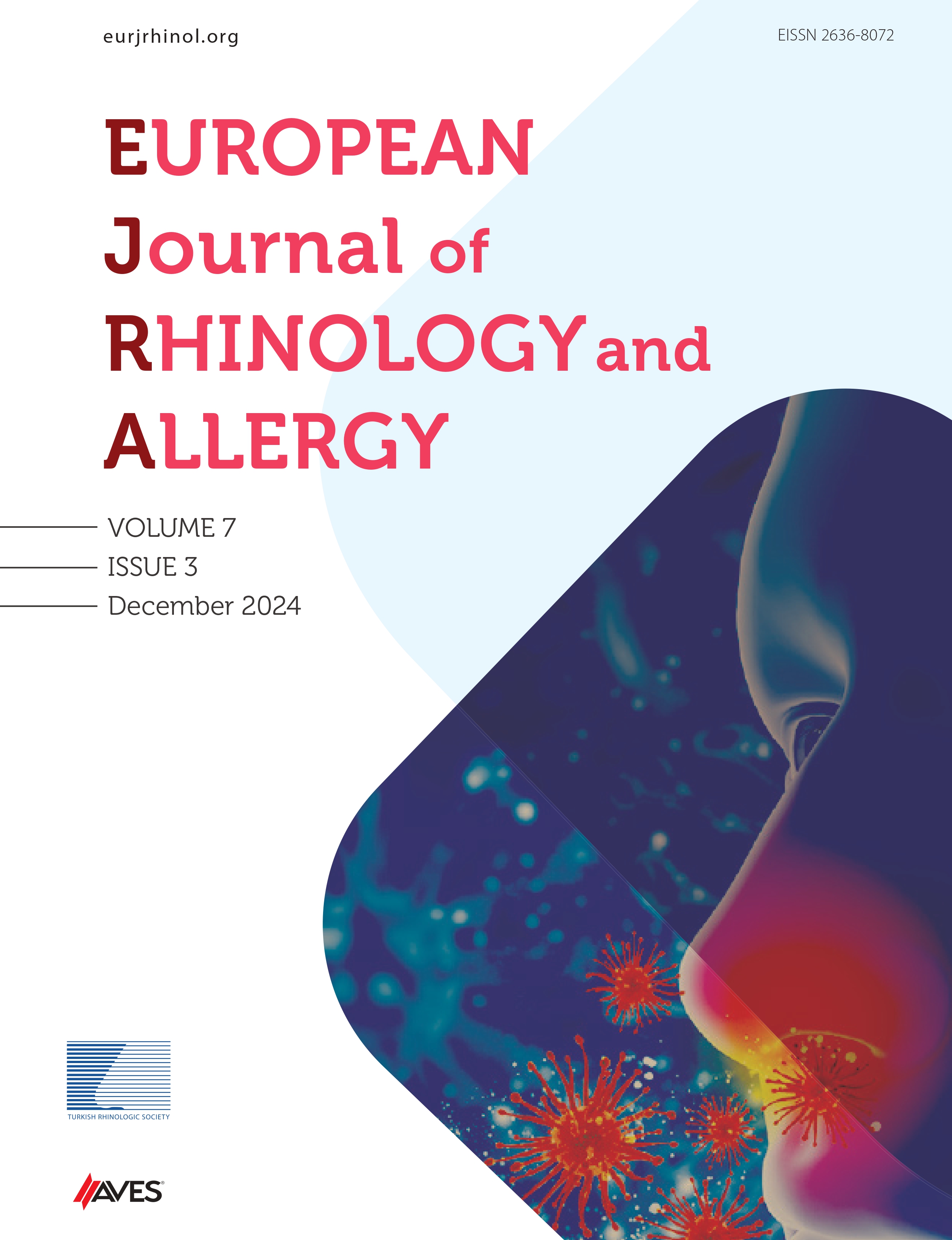Objective: Allergen-specific immunotherapy (AIT) is currently the only disease-modifying therapy option against pollen allergy. To date, there is no validated biomarker to assess the outcome of AIT. Allergen-specific immunoglobulin E (IgE) determines the diagnosis of allergy and constitutes a prerequisite for initiation of AIT. However, only few studies shed light on the long-term effectiveness of the treatment, in terms of the correlation of efficacy parameters to the change of allergen-specific IgE levels.
Methods: A retrospective evaluation of short-course allergen-specific immunotherapy with a modified grass/tree allergoid using a microcrystalline tyrosine (MCT®) and monophosphoryl lipid A (MPL) adjuvant system (MATA-MPL) was performed on 111 patients. All patients were treated for at least 3 consecutive years and received a questionnaire to obtain feedback on the change in symptoms and quality of life over the treatment course. In addition, based on the patient medical records, an evaluation of allergen-specific IgE before/after AIT, the medication intake, the lung function in asthmatic patients, and the influence of the level of allergen-specific IgE on the continuation of AIT was performed.
Results: A decrease in specific IgE levels, determined using the enzyme allergo sorbent test (EAST), was shown for both patients with allergy to grass and patients with allergy to tree pollen after 3 years of AIT (Δ IgE trees total population: −6.20 kUA/L; P=.027, Δ IgE EAST class ≥4: −25.49 kUA/L, P < .002). Patients reported an improvement in general symptomatology regarding the eyes, nose, and lung on a scale from 1 to 10 (mean: −3.57, −3.76, and −2.89, EAST class ≥4: −3.59, −3.59, and −2.59). The proportion of patients in the total population who did not need symptomatic medication increased from 5.4% to 20.7% in the total population and from 13.6% to 22.7% in the population showing EAST class ≥4 prior to AIT. Overall, more than 70% of patients noted improved quality of life.
Conclusion: This non-interventional, retrospective study confirmed the improvement of allergic symptoms, quality of life, and reduction of medication use after short-course AIT with a microcrystalline tyrosine (MCT®) and monophosphoryl lipid A (MPL) adjuvant system (MATA-MPL) with tree and/or grass pollen extracts and corresponding mixtures under routine practice. Concurrently, a significant reduction in allergen-specific IgE levels after tree pollen-specific allergen-specific immunotherapy was observed.
Cite this article as: Stollewerk D, Niebecker M, Fuchs E, et al. Short-course allergen-specific immunotherapy with modified grass/tree allergoids using a microcrystalline tyrosine (MCT®) and monophosphoryl lipid A (MPL) adjuvant system decreases specific immunoglobulin E levels. Eur J Rhinol Allergy 2022;5(3):89-96.

.png)

.png)